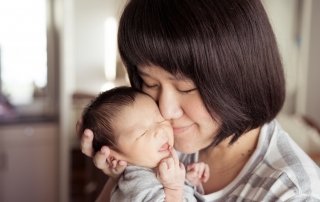Cognitive Development in Children Exposed to Levetiracetam (Keppra)
An increasing number of reproductive age women now take newer anticonvulsants for the treatment of mood and anxiety disorders; however, information regarding the reproductive safety of these medications is limited. A recent study has evaluated the cognitive and language development of children born to women with epilepsy exposed in utero to levetiracetam (LEV, Keppra) or sodium valproate (VPA, Depakote), as compared to control children born to women without epilepsy not taking medication during pregnancy.








